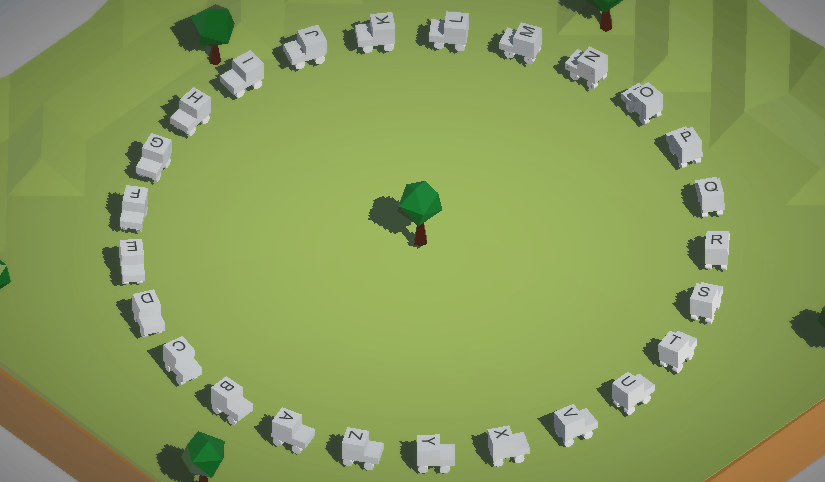If you’re a driver (that is, you drive a car) then you’ve probably been caught up in a phantom traffic jam at least once. These are the types of traffic jam that have no obvious cause. No one has crashed and the police are nowhere in sight. So what happened? Our own human imperfections, that’s what happened.
As explained to BBC journalist Andrew Marr in this short investigation into the phantom traffic jam, they’re usually caused by one asshole (I’m being kind) braking more than usual after getting too close to the vehicle in front. This then leads to the car behind them braking, and then the one behind them, gradually building up a chain of cars all braking. This causes the traffic flow to slow down until, eventually, the pile-up comes to a halt some several hundred meters back from the original, annoyingly minor incident.
The phantom traffic jam might be held as evidence that humans are hopeless and should probably not drive cars. In 2010 there were, on average, between 2000 and 3000 deaths every month caused by traffic accidents in the US alone. This is all due to our own shoddiness as humans and is a primary reason as to why the idea of self-driving cars is appealing. Take us out of the equation—with our brains that can tire and become distracted—and replace us with machines that can drive with a precision we can never hope to reach as a species. Problem solved?

The answer to that question won’t be known until, you know, driverless cars are the common way to get around. There is the chance of it all going completely wrong and causing mass pile-ups and death. There’s always that chance, but in all likeliness, any incident caused by a malfunctioning AI will probably not amount to how damn proficient we are at killing each other in cars. That’s one thing we can definitely do better than machines (for now).
You shouldn’t need it, but if you do require further proof of our own incapability when it comes to driving cars, then you should check out Error-Prone. It’s a small interactive experiment that you can conduct by yourself or with up to 25 other people (one for each letter of the alphabet) that “illustrates perfectly how self driving cars are vastly superior to their human counterparts in terms of traffic grid lock, efficiency and avoiding road accidents.”
All you have to do is select a letter on the keyboard, press it, and you’ll have control over the car it corresponds to on-screen. All the other cars are looping in a circle at the same speed and distance from each other. They do this autonomously. You have to match that so you don’t cause an accident. Don’t press the button too much so that you end up in back of the car in front of you. And don’t slow down so much that the cars behind you have to brake and a pile up occurs. That’s all you have to do.
Of course, no matter how attentive you are, you’ll fail at some point. That’s the whole point of this exercise: to prove that humans cannot match machine precision and endurance as much as we may try. As the creators of Error-Prone write in its description: “The only way to win is to not play at all.”
You may argue that this virtual experiment doesn’t really hold up against what the real-world results may be. After all, you can hardly control the acceleration of your little car with just that one button. That’s not a fair test, surely? Well, actually, this exact experiment was once tested out by people at the New Journal of Physics with real cars driven by real people. It was titled “The Mathematical Society of Traffic Flow” and you can watch what happens in the video above.
If you haven’t watched it yet, I’ll spoil it: a traffic jam forms. In fact, the experiment is used as evidence for the “physical mechanism of forming a jam.” Face it, we humans cannot drive without causing traffic jams and accidents. Self-driving cars should be able to avoid them providing the engineering holds up. The only question is this: can you entrust your life to a machine? Given the statistics it seems that doing so would be less dangerous than putting your life in your own hands.
You can play Error-Prone for free in your browser on itch.io.
